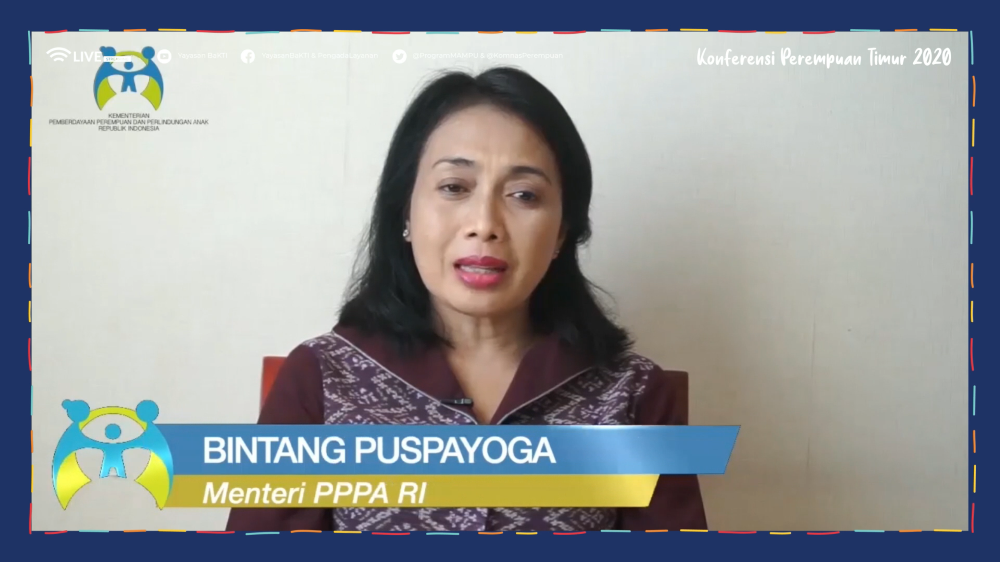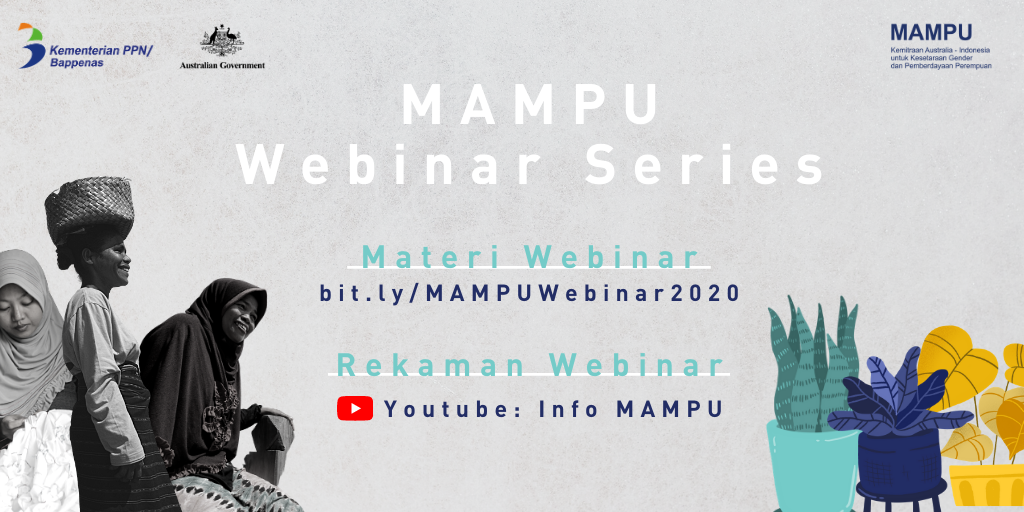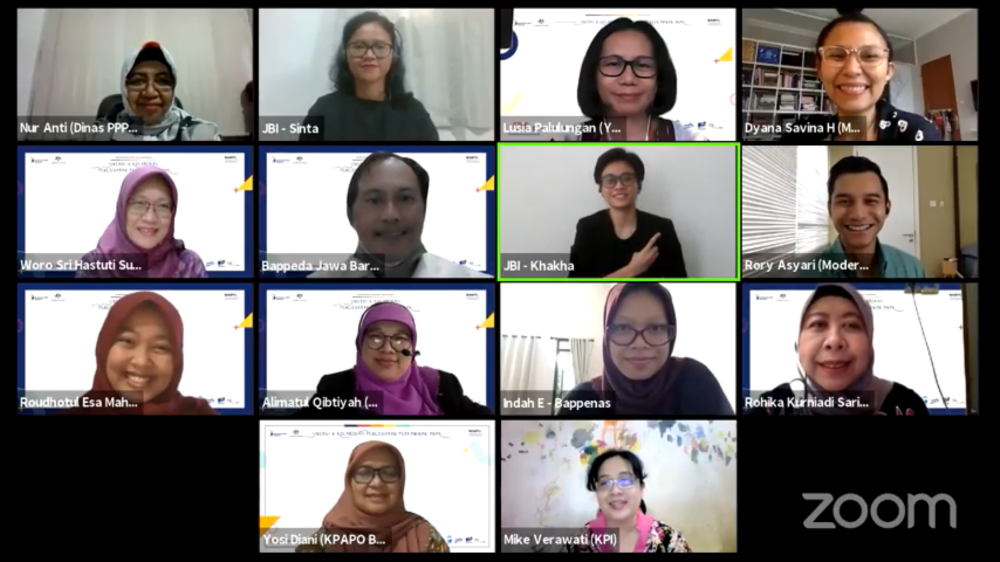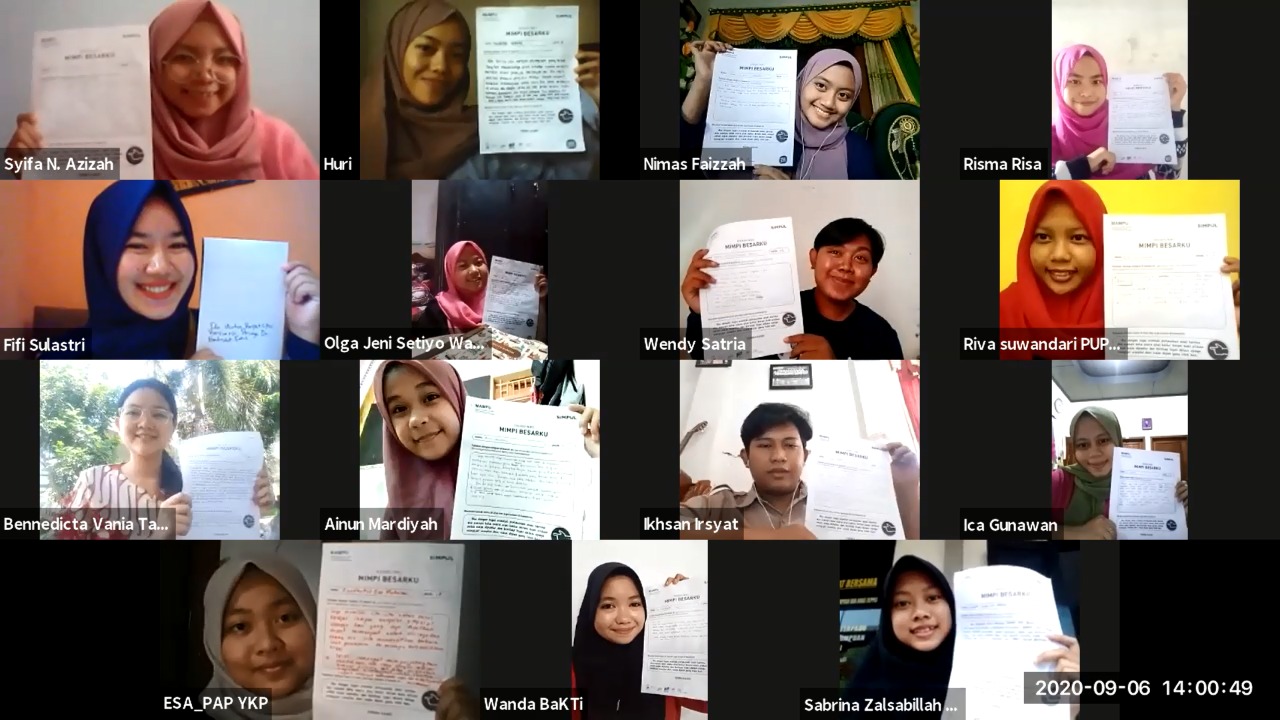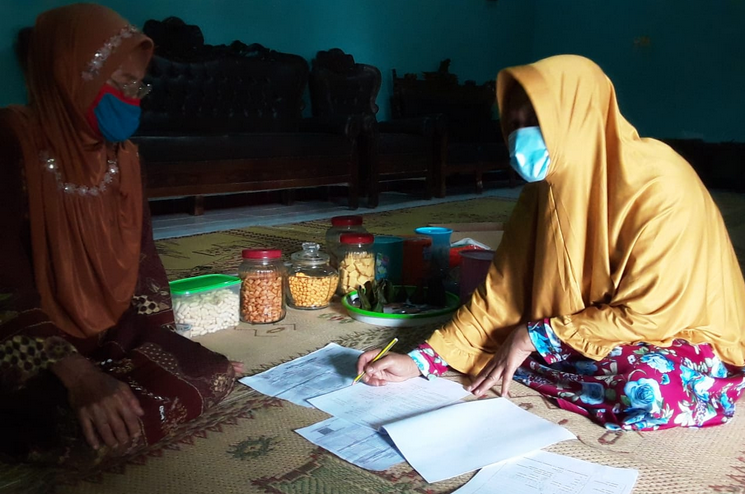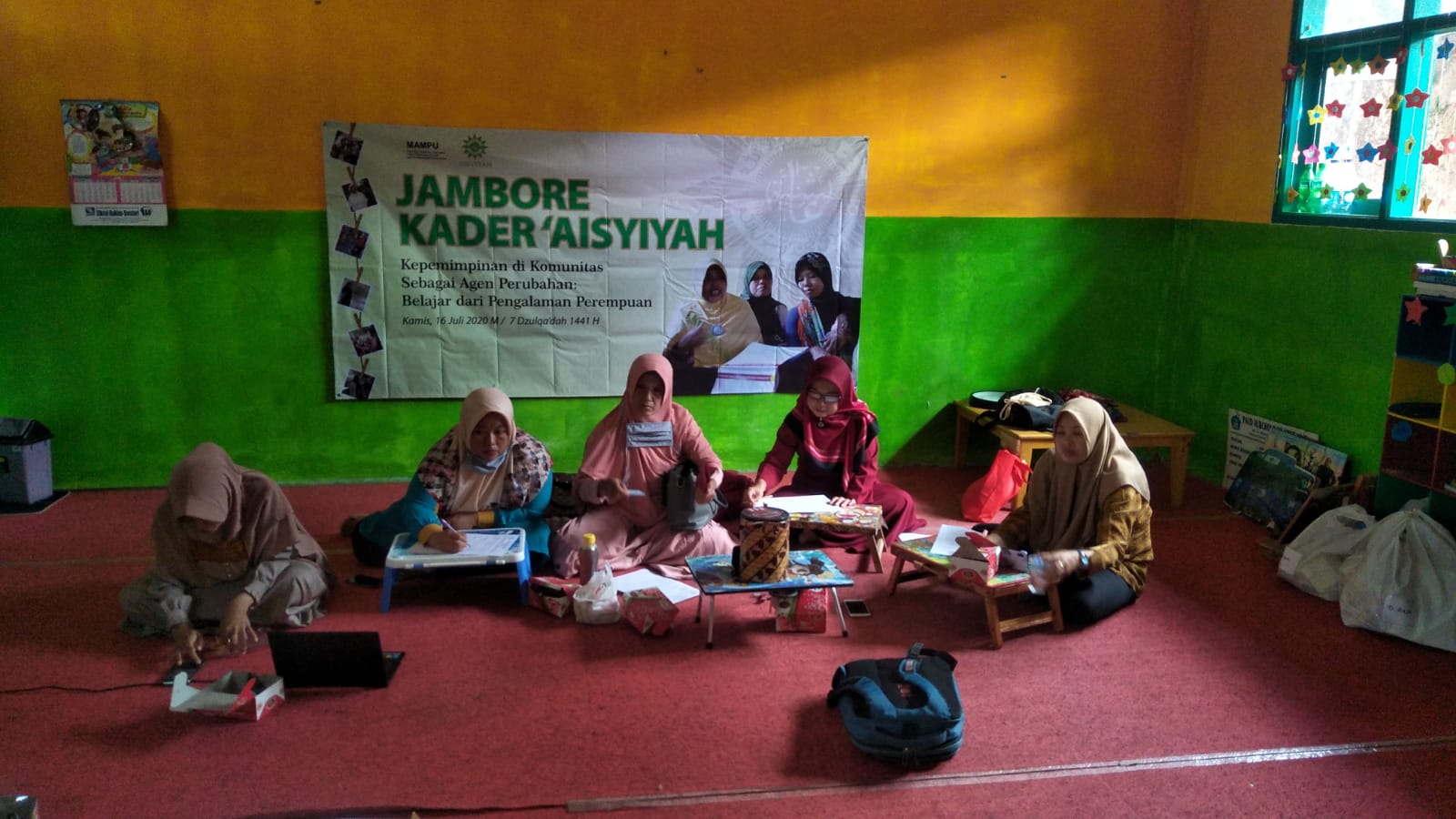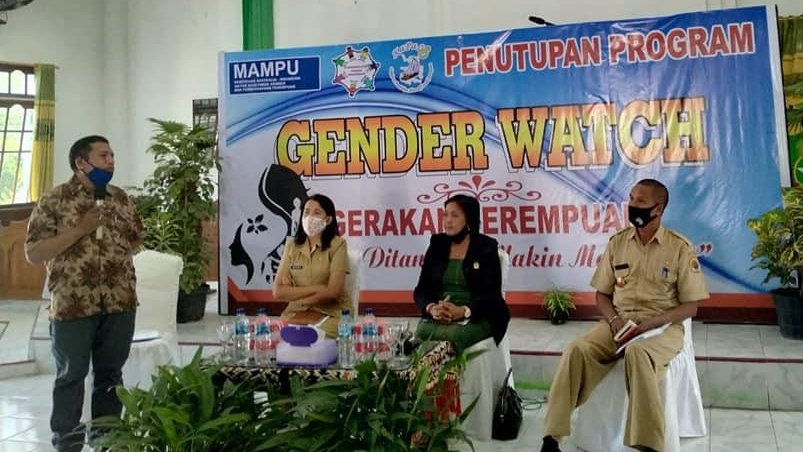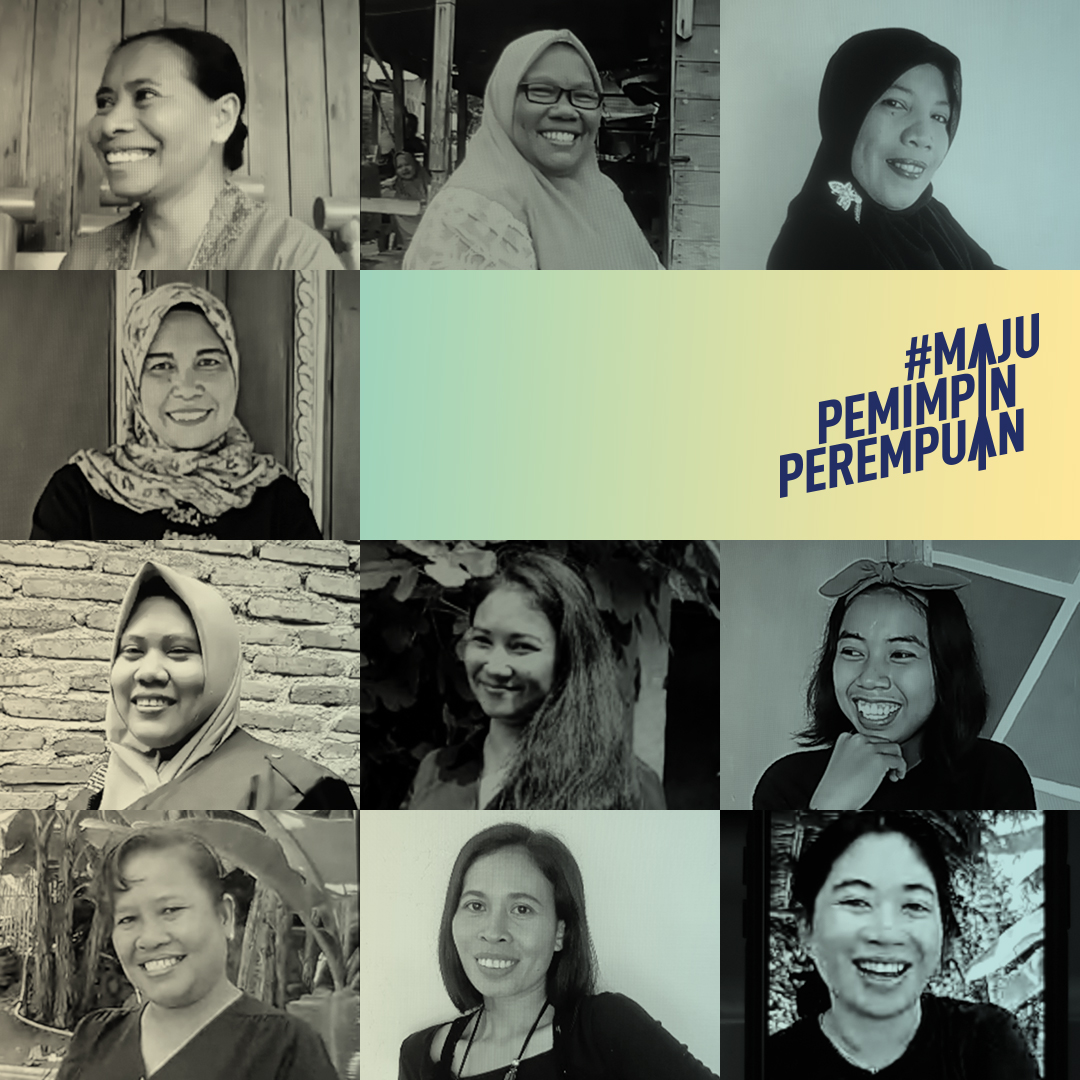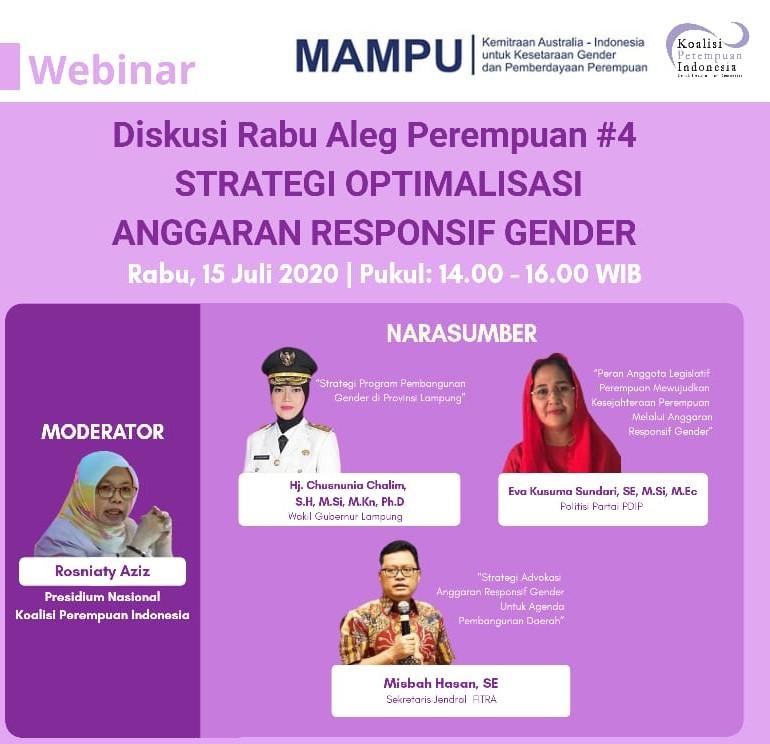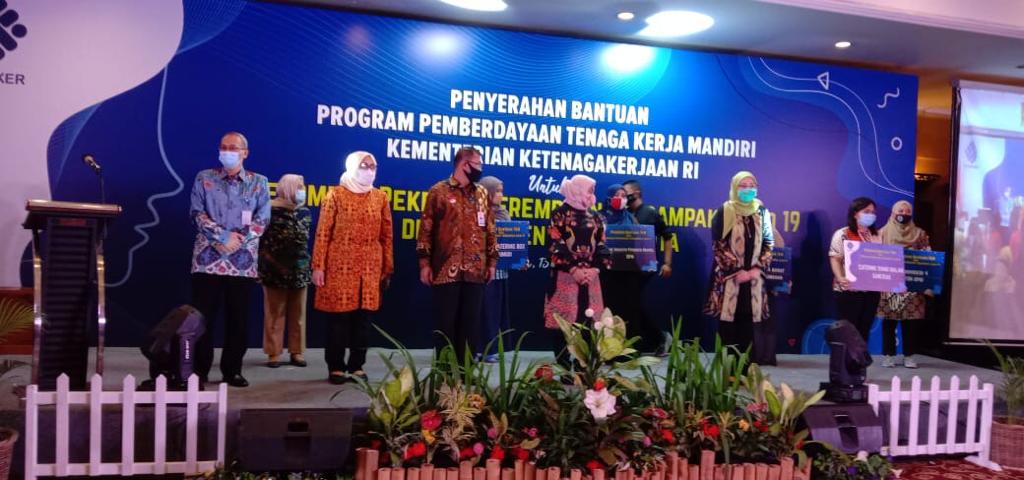Event
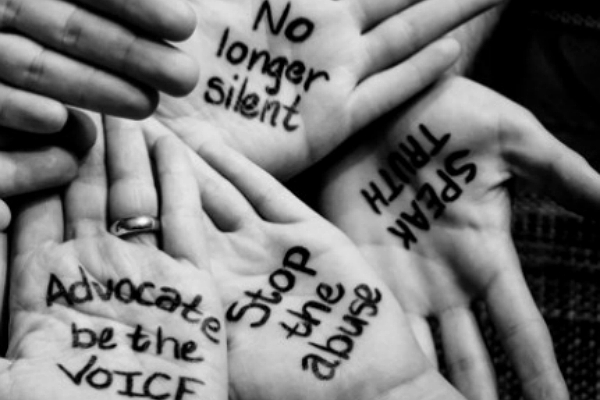
LBH APIK: Women are Vulnerable to COVID-19 Transmission and Violence during the Pandemic
23 June 2020Author: Amron Hamdi
Komnas Perempuan recorded 11,105 cases of domestic violence in Indonesia during 2019 (CATAHU, 2020). The Jakarta Women’s Legal Aid Institute (LBH Apik) predicts that this number will increase in the next annual report, partly because of the impact of COVID-19.
Before the pandemic, on average LBH Apik Jakarta received 60 reports of violence every month. Since physical and social restrictions were imposed in March, LBH Apik Jakarta has received 97 cases of violence against women (16 March-19 April 2020). Of the 97 cases, domestic violence accounted for the largest number with 33 cases, followed by online gender-based violence with 30 cases, 8 cases of sexual harassment, 7 cases of dating violence, general criminal violence 6 cases, and 3 cases of rape.
“This is evidence that the home is not necessarily a safe place for women, especially during the COVID-19 pandemic. Women are becoming increasingly vulnerable, not only to contracting the virus but also to becoming victims of violence,” said LBH Apik Jakarta Director Siti Mazumah.
According to Zuma, women, especially women in patriarchal families, face increased burdens during social distancing. They perform roles as family caregivers and educators and sometimes violence is triggered when they are deemed to not be carrying out their duties properly.
Commenting on the high rate of online gender-based violence, Zuma believes this is one of the effects of the high dependence on the internet during times of physical distancing. LBH Apik has received reports of various forms of online-based violence: online sexual harassment, threats of spreading intimate content with exploitation as the motive, and online extortion.
During the ‘Work From Home’ period, LBH APIK Jakarta has continued to provide services to victims of violence in the form of online legal consultations, referring victims to online psychologist services, providing contact details for police stations so that victims can immediately get help, assisting in online hearings, and continuing to provide temporary safe house services when several other safe houses have closed during the pandemic.




